Cybersecurity – UCD Professional Academy Diploma

Cybersecurity experts are the guardians of our digital frontier, and they are in high demand across the world. Develop your problem-solving capabilities in areas such as threat detection, digital resilience, and risk management. With the expertise to thwart cyber-attacks and safeguard digital assets, you’ll be ready for your first steps in this stimulating and rewarding career. Learn the pivotal tool and practices employed to protect the world’s digital resources – from cryptography to disaster recovery.

On Demand (eLearning)
Upcoming Live Instructor-Led Courses
There are currently no public courses scheduled. For more information or to arrange an in-house booking, please contact us on 01 895 5755.
Each module is meticulously crafted to provide a deep understanding of the essential concepts as well as practical skills you can put to work in a real-world setting. This course includes comprehensive coverage of essential topics such as encryption, network security, threat detection, risk management, incident response, and ethical hacking. Through expert-led lectures and practical assignments, you will gain in-depth knowledge and practical skills to effectively mitigate cyber risks in today’s dynamic landscape. Whether you’re looking to enhance your existing skills or embark on a new career path, our Professional Academy Diploma in Cybersecurity equips you with the tools and expertise needed to succeed in a cybersecurity role.
This course is ideal for IT professionals seeking to enhance their expertise, aspiring cybersecurity specialists looking to enter the field, or managers aiming to grasp the essentials of cybersecurity governance.

Course Assessments
This course is assessed through learning logs (30% of final grade) and a final written assignment (70% of final grade). You will complete a learning log each week, with reflections on the course material and your professional experience. The final written assignment is a report of approx. 3,000 words where you will demonstrate your proficiency in the subject matter by applying your new knowledge to a practical scenario.
Certification
Your UCD Professional Academy Diploma will be issued electronically on a secure platform, with a link that you can share with employers and others wishing to verify your credentials. You can also add this certificate to your LinkedIn profile.
Flexible Delivery Options
The course is available either online on demand or live online. Live Online delivery is part-time, over 12 weeks, with one three-hour session per week. Currently the course is only available on sessions from 6.30pm to 9.30pm. This would be suitable for busy professionals who have to complete the course out of normal working hours.
Study Options
On Demand
Begin today or tailor your learning to suit your schedule.
Live Online
Weekly evening part-time classes available over 12 weeks.
Cybersecurity Course Modules

1. Introduction to Cybersecurity Fundamentals
2. Cryptography & Encryption
3. Identity & Access Management (IAM)
4. Network Security Basics
5. Cyber Threats & Attack Vectors
6. Security Technologies & Controls
7. Risk Management, Business Continuity (BC) & Disaster Recovery (DR)
8. Introduction To Ethical Hacking
9. Incident Response & Forensic Analysis
10. Open-Source Intelligence (OSINT) & Social Engineering
11. Cybersecurity Policy & Governance
12. AI & Emerging Technologies In Cybersecurity
Admission Requirements
- Learners must be 18 years or older.
- Previous training, study and/or professional experience in a related field is recommended.
- For non-native speakers of English, a language proficiency equivalent to IELTS 6.5 overall (or equivalent) is required.
Please note that all UCD Professional Academy courses are conducted in English. Prospective learners for whom English is not a native language are welcome to undertake Professional Academy courses. It is the responsibility of the learner that their proficiency in English is adequate for the course to participate and complete assignments successfully.
Disabilities
UCD Professional Academy welcomes learners with disabilities and makes every effort to provide facilities and support, where possible. We ask that learners who may need additional support or facilities during their course inform us at the time of application.
Code of Conduct
All staff and learners of the Academy are expected to abide by its Code of Conduct https://www.ucd.ie/professionalacademy/learner_handbook/ . In the case of serious breaches, learners may not be permitted to attend the remainder of their course, and no refund will be given.

